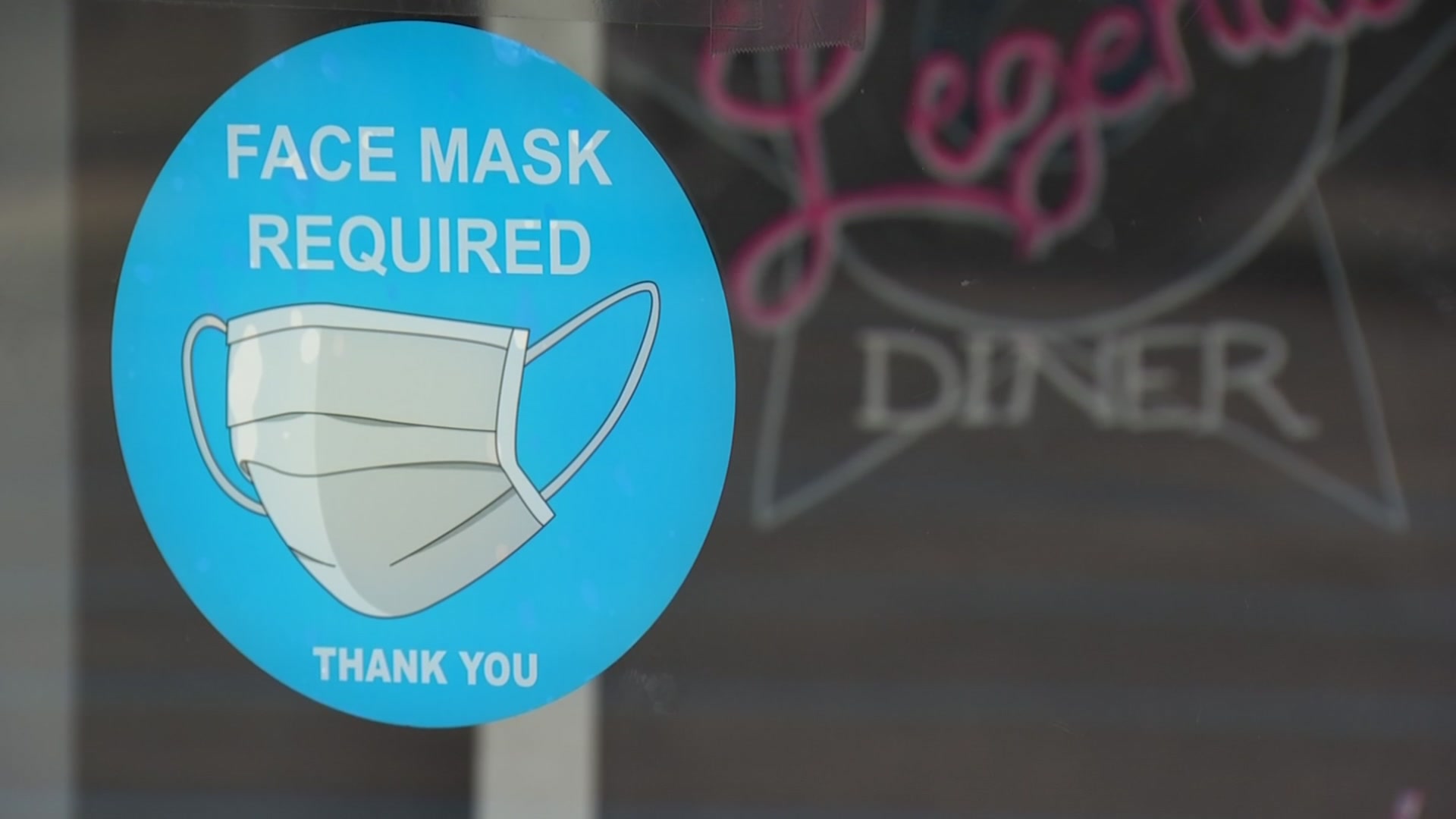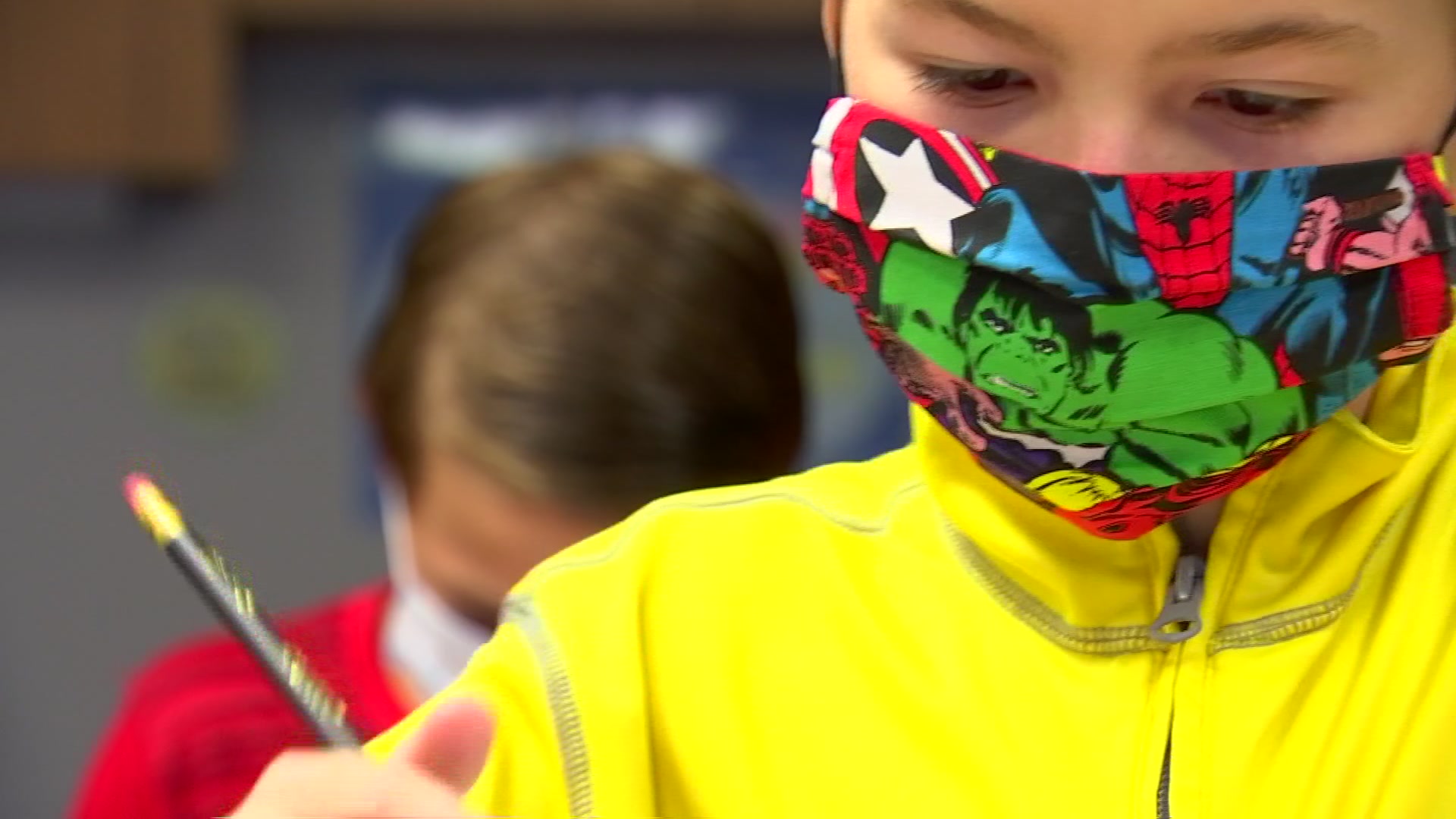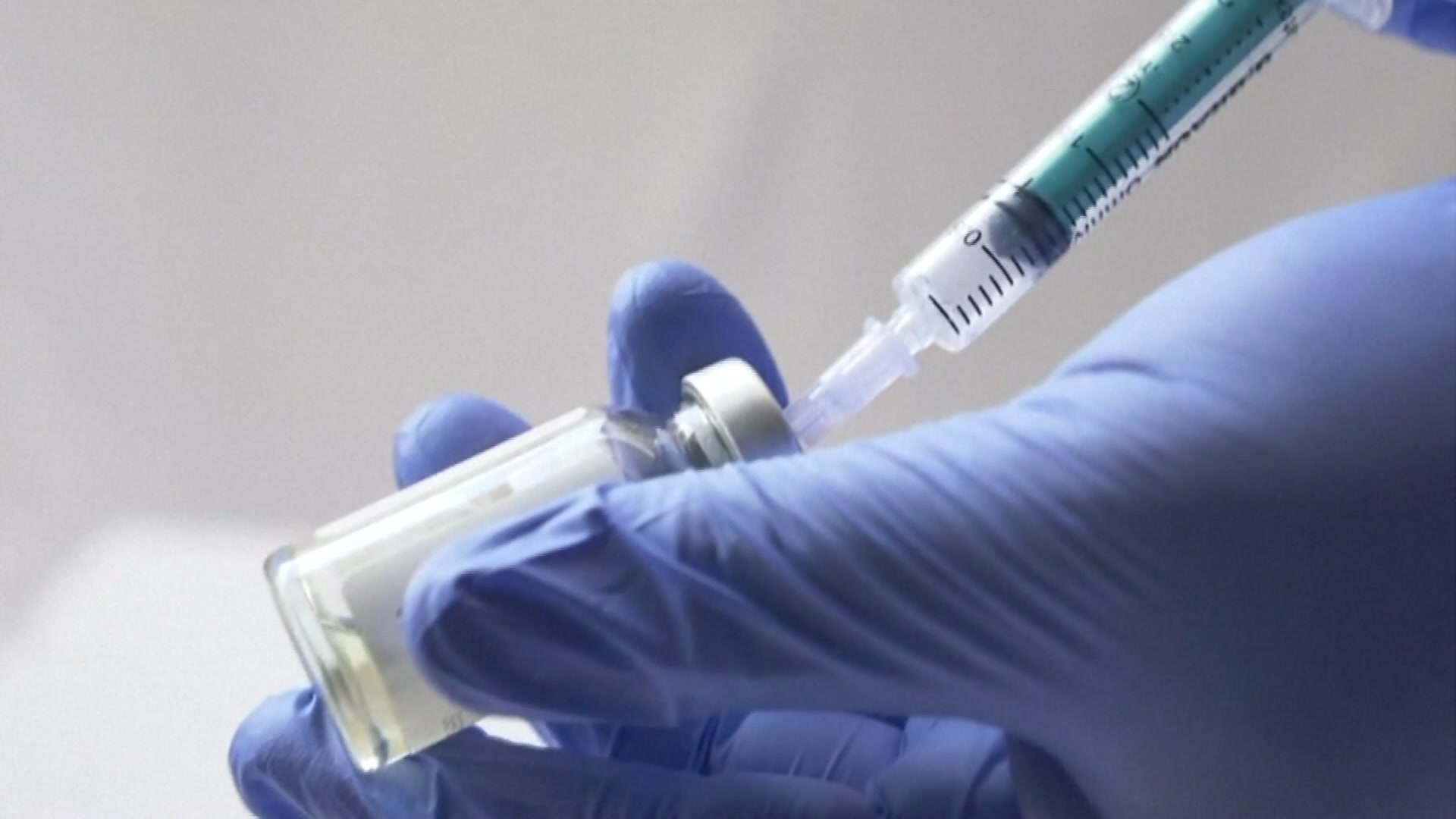Whether you live in the suburbs or out of state, if you're planning to travel to Chicago, there are some things you should know.
While all of Illinois is under a new mask mandate for indoor spaces, Chicago has a mandate of its own as well as a travel advisory in place.
Here's everything you need to know:
Who has to wear a mask?
Feeling out of the loop? We'll catch you up on the Chicago news you need to know. Sign up for the weekly Chicago Catch-Up newsletter here.
With the city of Chicago reporting nearly 500 new cases of coronavirus per day, health officials have reinstituted a mask mandate for all residents age 2 and older, regardless of a person’s COVID vaccination status.
Where are masks mandated?
-In all indoor public settings, including in bars, restaurants, grocery stores, gyms, private clubs and in common areas of condo and multi-residential buildings.
-On public transportation
-In health care settings
-In schools
-In correctional and congregate settings
-If you want to watch the Bears at Soldier Field this season you’ll have to bring your mask, regardless of your vaccination status. The team announced fans will need to wear masks in the “indoor areas” of Soldier Field. Masking remains optional in outdoor settings.
Are there exceptions?
-Masks may be removed while eating or drinking in bars, restaurants or other establishments
-Masks can also be removed during specific activities that require their removal, including while getting beard shaves or facials at salons.
-Masks can also be removed by employees in settings that are not open to the public. Employees in those settings must also be static, and must maintain social distancing of at least six feet from all other individuals.
What else should you know?
-Vaccinated individuals are not required to wear masks in outdoor settings, but have the option to do so.
-Unvaccinated individuals are recommended, but not required, to wear masks in crowded outdoor settings.
-Capacity limits are not being imposed, and health officials don’t intend to re-introduce those measures, as hospitalizations and deaths remain low.
What is happening with the travel advisory?
Every U.S. state is now on Chicago's travel advisory, officials announced Wednesday.
States are added to the advisory's "orange list" when COVID metrics rise above the threshold of 15 cases per day per 100,000 people. Any below that mark are on the "yellow" list, with public health officials still warning against non-essential travel.
Still, health officials urged unvaccinated people not to travel as cases continue to surge across the country.
“As a reminder, given the current surge across the country, unvaccinated Chicagoans should not travel right now if at all possible,” Chicago Department of Public Health Commissioner Dr. Allison Arwady said in a statement. “Getting vaccinated is the most important thing you can do to decrease your risk for COVID-19.”
According to the city, before travel, unvaccinated individuals should:
- Get tested 3-5 days prior to departure.
While traveling:
- ALL individuals regardless of vaccination status should wear a mask on planes, buses, trains, and other forms of public transportation traveling into, within, or out of the United States and while indoors at U.S. transportation hubs such as airports and stations.
- In Chicago, wear a mask in all indoor public settings, regardless of vaccination status.
- Avoid crowds, try to stay at least 6 feet/2 meters (about 2 arm lengths) from anyone who is not traveling with you, and wash your hands often or use hand sanitizer (with at least 60% alcohol).
After travel, unvaccinated individuals should:
- Get tested with a viral test 3-5 days after travel AND stay home and self-quarantine for a full 7 days.
- Even if you test negative, stay home and self-quarantine for the full 7 days.
- If your test is positive, isolate yourself to protect others from getting infected.
- If you don’t get tested, stay home and self-quarantine for 10 days after travel.
- Avoid being around people who are at increased risk for severe illness for 14 days, whether you get tested or not.
The city advised all travelers to monitor themselves for COVID-19 symptoms and isolate and get tested if they develop any after travel.




